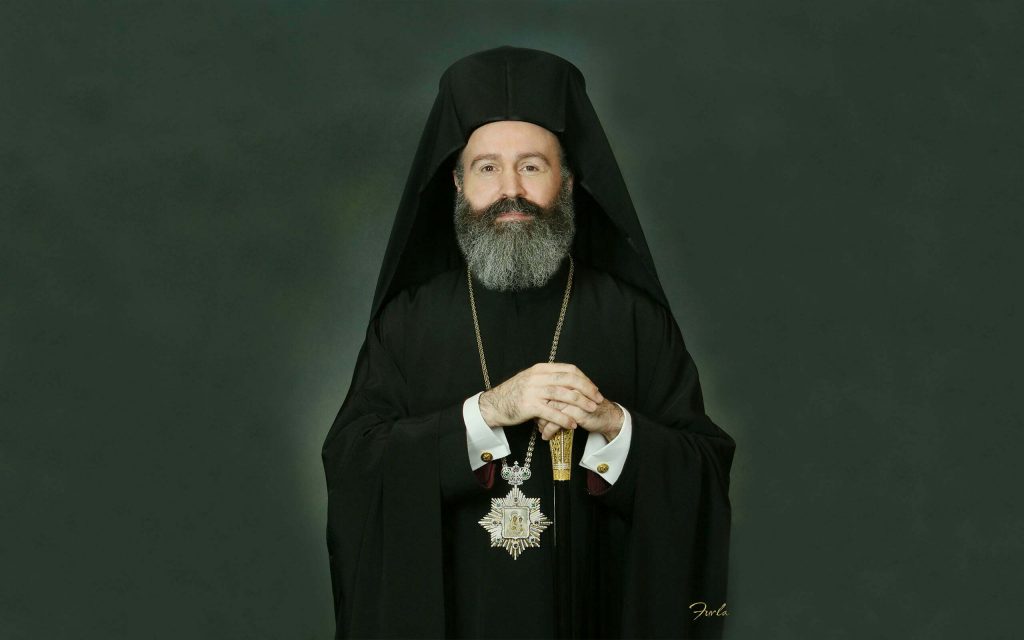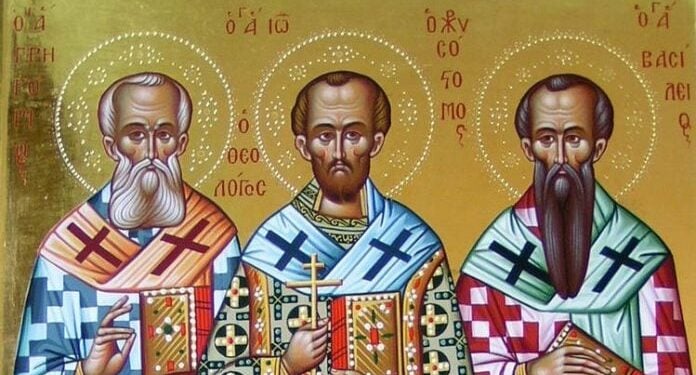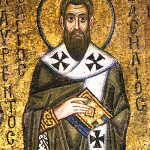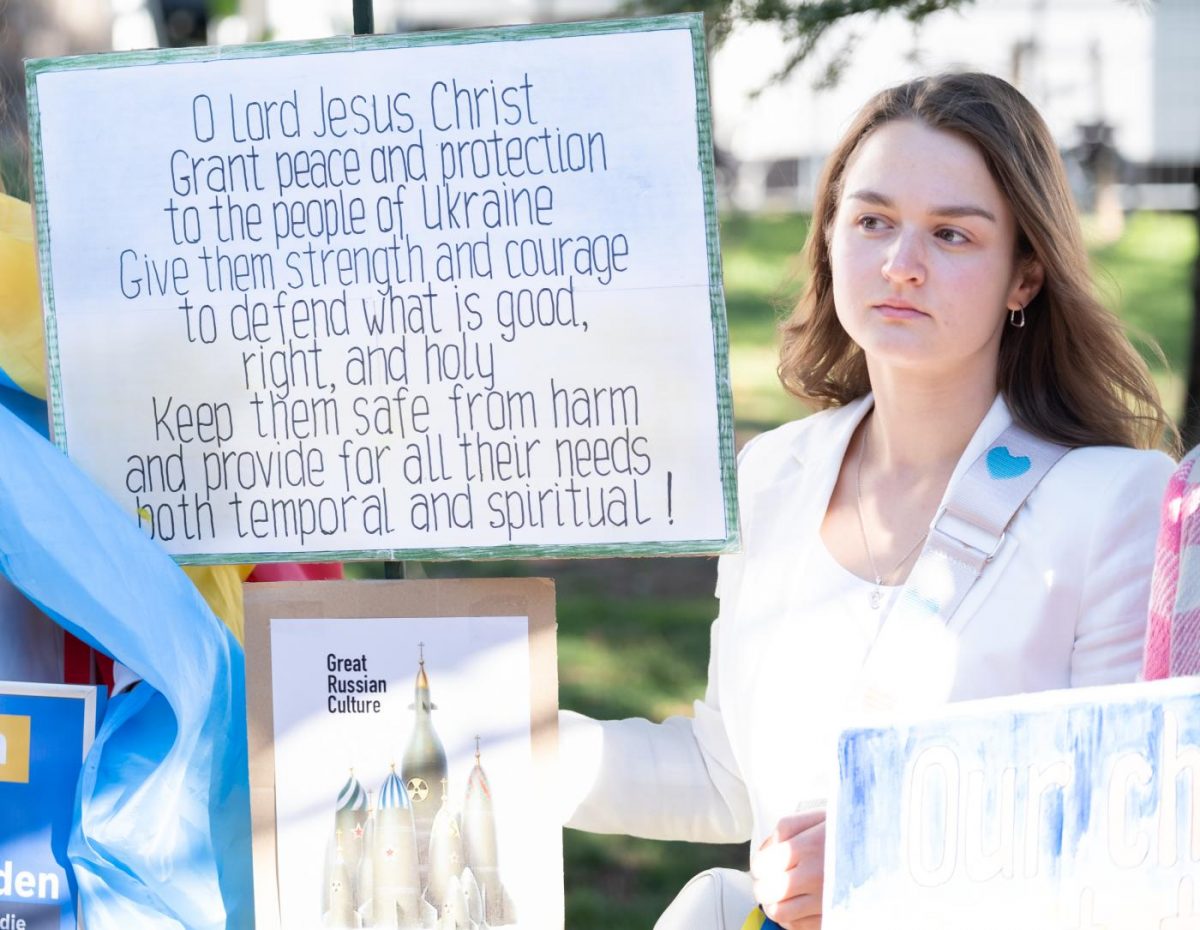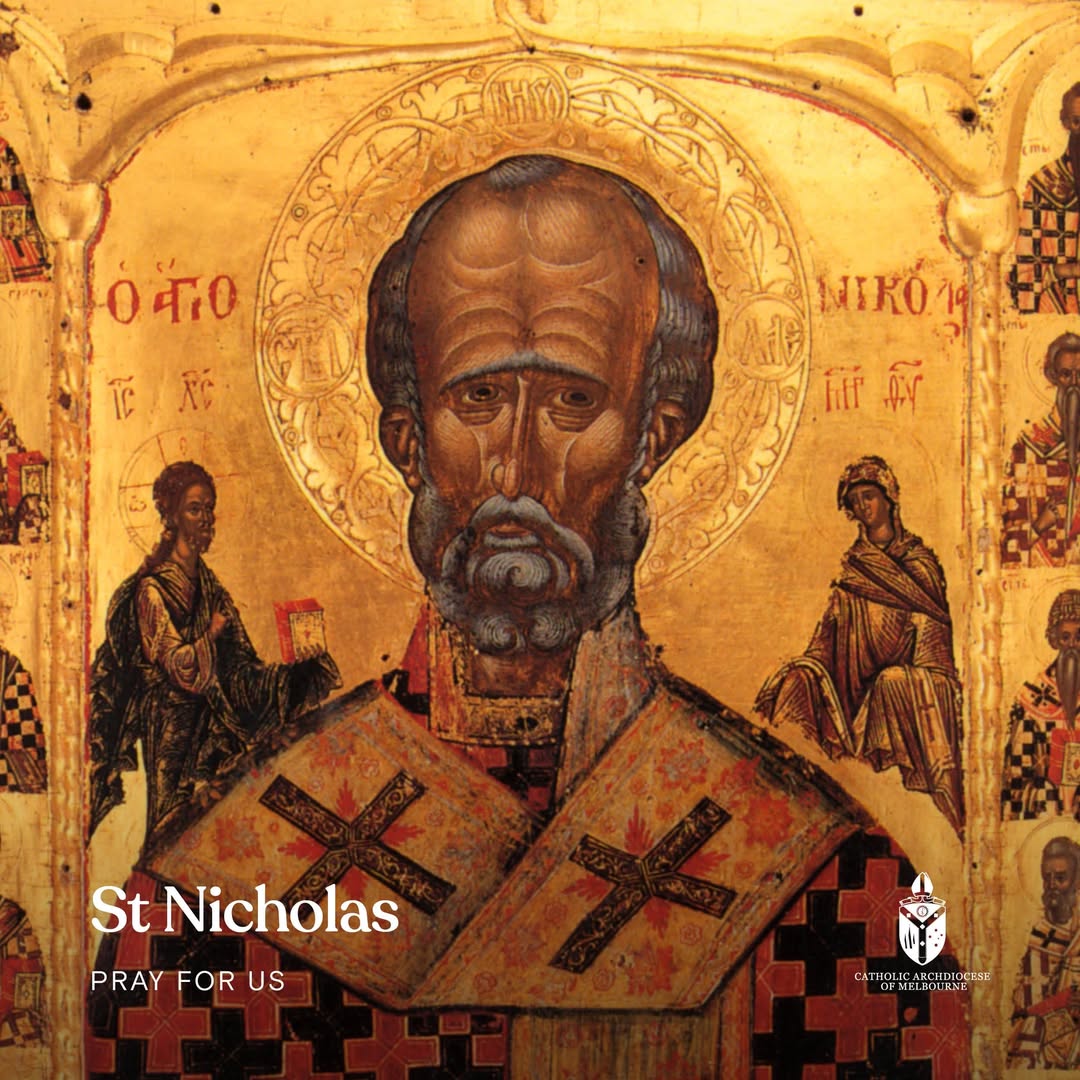(originally published on WCC website here)
At a European Consultation on just peace in Warsaw, experts from across Europe explored the notion of just peace and listened to the voices of churches in Ukraine sharing their insights on true peace and justice amid the realities of the ongoing war. Organized by the Conference of European Churches in cooperation with the Polish Ecumenical Council, the consultation took place from 9-11 December 2024 as part of the Conference of European Churches’ Pathways to Peace initiative.
The 3 day consultation was guided by the biblical verse, “Let justice roll down like water and righteousness like an ever-flowing stream,” from Amos 5:24. Participants representing churches across Europe examined their role in fostering just peace and reconciliation.
“For over a thousand days, our people have been courageously defending their homeland, their homes, and the right to life,” said Rev. Anatolyi Raychynets, vice-chairman of the Ukrainian Council of Churches and Religious Organisations, and head of external relations of the Ukrainian Evangelical Church. “Every day of struggle is given at a very high price.”
Raychynets explained how, every morning, Ukrainian people have been starting each day with a moment of silence.
“Every morning at 9 a.m. we stop, fall silent, and prayerfully think of the pain of the losses that are increasing. Our brothers and sisters gave the most precious they had – their own lives – so that we and you could live.”
Raychynets, who serves as a deputy general secretary of the Ukrainian Bible Society and also as a volunteer chaplain, was present at the funeral of a soldier, whose young son was about the same age as Raychynets’ son. “And when the coffin was lowered, this boy jumped into the grave, to his father,” recalled Raychynets. “He cried bitterly and could not let his dearest dad go. It is extremely painful.”
“Husbands have stayed to defend their homes, while wives and children have become refugees in different countries of the world. I will never forget the concentration of pain, tears, and fear of the unknown that I felt at the train station in Kyiv, where we were putting women with children and the elderly on evacuation trains that, saving millions of lives, were heading to the west of our country.” (Rev. Anatolyi Raychynets)
He also noted some sobering statistics: More than 12 million people have lost their homes and became internally displaced persons in Ukraine since the Russian invasion. More than 8 million families have been separated for over 1,000 days.
The war in Ukraine has exposed a profound tension – an inconsistency, even – between the theological positions on peace held by many churches and the grim realities of evil that Ukrainians have endured over the past three years, said Rev. Ihor Bandura, vice president for International Affairs of the Baptist Union of Ukraine.
“For decades, much of the ecumenical discourse in Europe has been shaped by the context of relative peace, in which the horrors of war seemed distant and theoretical. European churches adopted a stance emphasizing reconciliation, nonviolence, and the rejection of war as a means of resolving conflicts. The idea of ‘just peace’ emerged as a consensus, prioritizing nonmilitary methods to address disputes.”
However, the Russian war against Ukraine has shattered this paradigm, said Bandura. The atrocities committed against people of Ukraine – the massacres in Bucha, Irpin, the destruction of Mariupol, the systematic targeting of civilians – are not theoretical.
“They are stark manifestations of evil, demonstrating a willingness to violate the most basic principles of humanity. In the face of such evil, the European theological consensus struggles to hold. For Ukrainians, nonviolence alone has proven insufficient when dealing with an aggressor that denies our nation’s right to exist.”
At the same time, we must remain mindful of the cost of war, noted Bandura. Every life lost, whether of a soldier or civilian, is a reminder of the brokenness of our world.
“For this reason, the church must continue to advocate for peace, even as we recognize the necessity of defending justice. Our ultimate goal is not only to resist aggression but to foster reconciliation, and proclaim the gospel of peace.”
Bandura also pointed to the inadequacy of theological frameworks that fail to account for the reality of evil.
“The experience of Ukraine shows that a commitment to nonviolence, while noble, must be balanced with the recognition that in a fallen world, there are times when force is the only means to protect the vulnerable and restore justice.”
According to Bandura, this does not mean abandoning the pursuit of peace.
“On the contrary, it calls for a deeper understanding of peace – one that acknowledges the moral complexity of self-defense and the necessity of standing against injustice. Peace, in its fullest sense, is not the mere absence of conflict but the presence of justice, reconciliation, and the flourishing of all people under God’s reign.”
Dr Serhii Shumylo, expert at the Institute for Religious Freedom and director of the International Institute of the Athonite Legacy, referred to the Book of Jeremiah in Holy Scriptures: “They have healed the wound of my people lightly, saying, ‘Peace, peace,’ when there is no peace” (Jeremiah 6:14).
“These words describe the situation around Russia’s war against Ukraine as accurately as never before. Every day, Russia bombs peaceful Ukrainian cities, destroys entire residential neighbourhoods, and destroys homes and civilian infrastructure. And most importantly, it kills innocent Ukrainian citizens every day – only because they are Ukrainians.”
“Of course, we all dream of peace. People talk about peace all the time, both in Ukraine and in the West. And even in Russia. Only Russia’s talk of ‘peace’ is an ultimatum from a rapist to a victim. The rapist rapes the victim and at the same time cynically calls for ‘peace,’ that is, for slavish submission to violence…”
Sometimes in the West, including from some Western religious leaders, one hears the idea that perhaps Ukrainians should stop resisting for the sake of peace. “How fair are such proposals from a moral point of view? Isn’t the call for the victim to submit to violence a moral complicity in such violence?” asked Shumylo.
The Scriptures make it clear that true peace can only be built on truth and justice.
“The Scriptures require all of us to speak the truth about this war, about its crimes, including those who inspire these crimes – among others, religious leaders. Without truth and justice, without stopping evil, it is impossible to achieve a just peace.” (Dr Serhii Shumylo)
